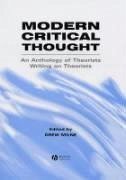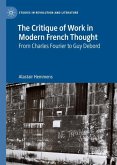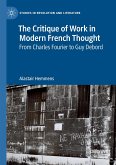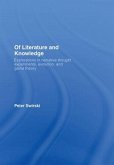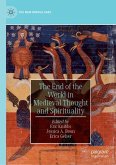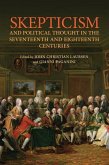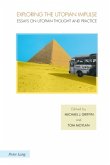Most of the major twentieth-century thinkers develop their thought through critical dialogues with their predecessors. This anthology brings together a selection of these dialogues, offering a fresh approach to modern critical thought from Marx through to the present day. The essays, lectures and reviews featured in this volume represent thinkers from Lukács and Heidegger to Judith Butler and Slavoj Zizek. Often at their most accessible introducing their own key influences and predecessors, these writings therefore provide an ideal way into the traditions of modern critical thought and into their own more difficult writings. As the reader proceeds through the book, the pieces build into a series of overlapping conversations and arguments, spanning different generations and crossing boundaries between French, German and English thought. The book offers an invaluable introduction to traditions of Marxist critical theory, phenomenology, psychoanalysis, post-structuralism and post-modern discourse. The anthology opens with an introductory essay in which the editor introduces key critical terms and maps out the contested terrain of criticism and critique implicit in the choice of particular works. He also introduces each text with contextualizing notes and suggestions for further reading.
Hinweis: Dieser Artikel kann nur an eine deutsche Lieferadresse ausgeliefert werden.
Hinweis: Dieser Artikel kann nur an eine deutsche Lieferadresse ausgeliefert werden.
"Modern Critical Thought is a unique historical collection of the major voices in critical thinking from Lukács to Zizek. Drew Milne has drawn together engagements between thinkers that underscore how critical thought evolves as a series of debates and acts of differentiation. The book is ideal for students wishing to familiarize themselves with some of the crucial debates of the twentieth and twenty-first centuries and to witness how critical thinkers assess and appraise one another. Milne has a keen eye for selecting the most pertinent and exciting materials in the tradition of critical thinking." Michael Ryan, Northeastern University

